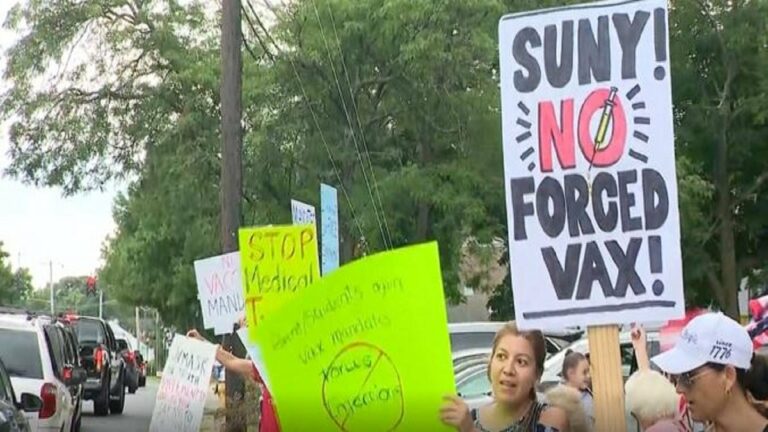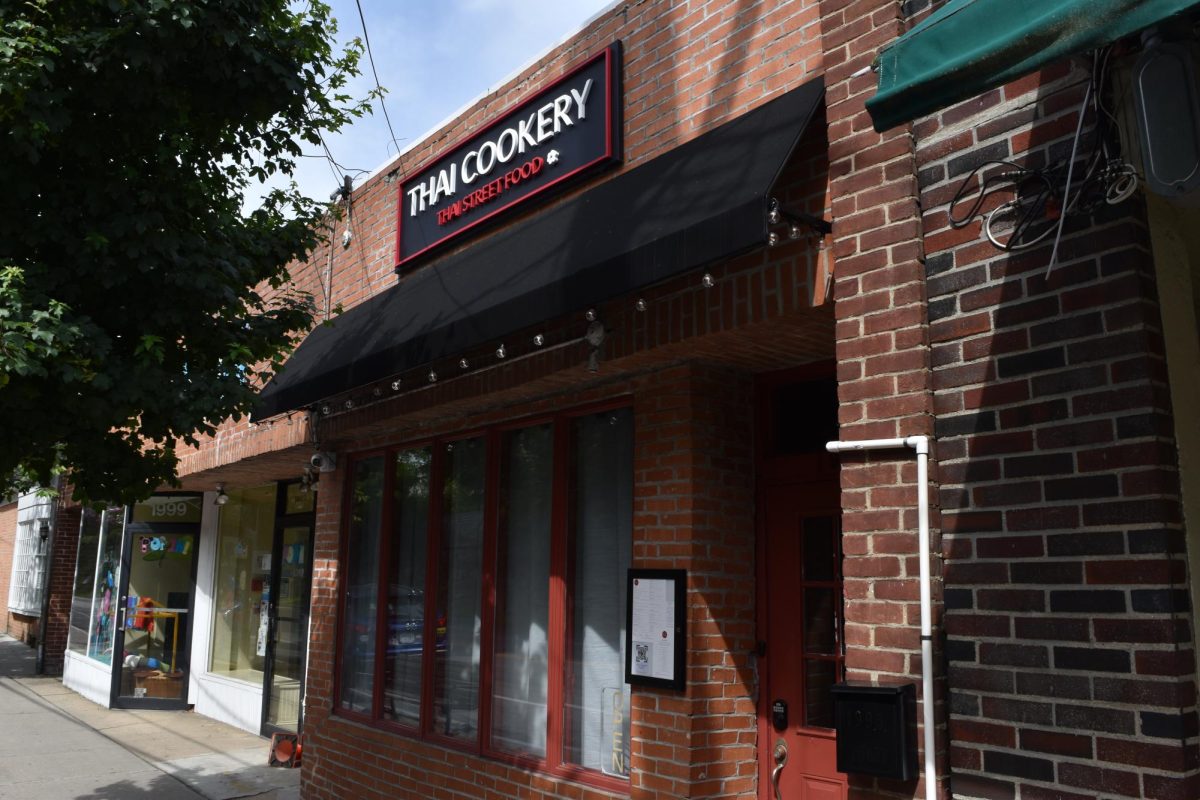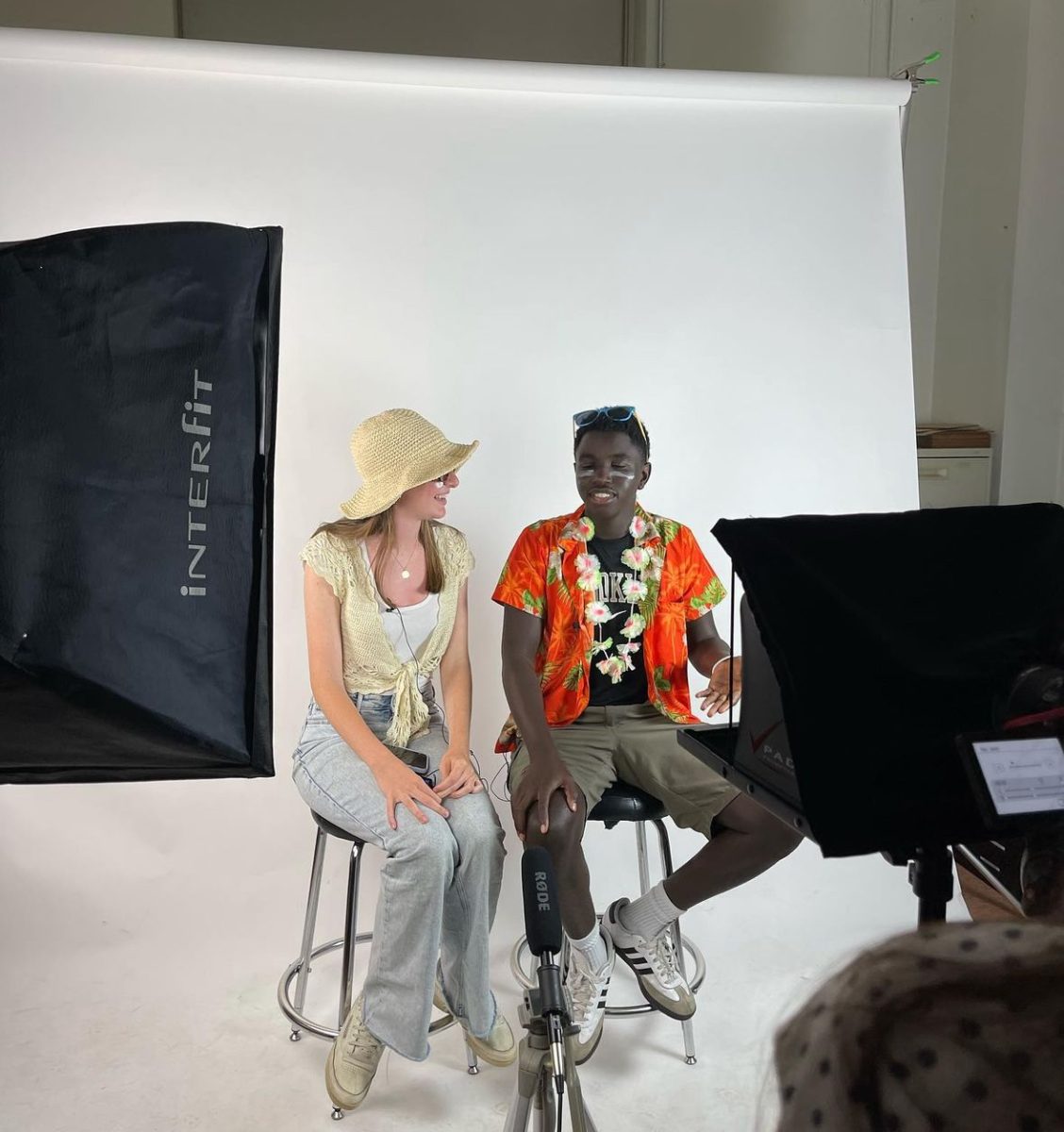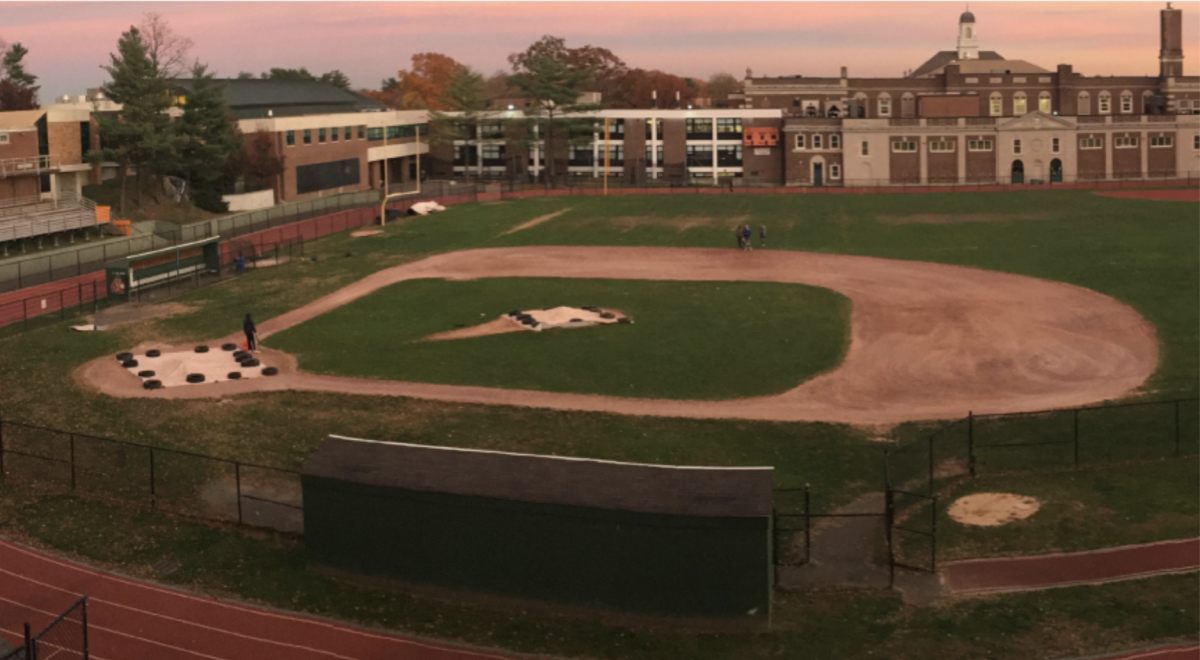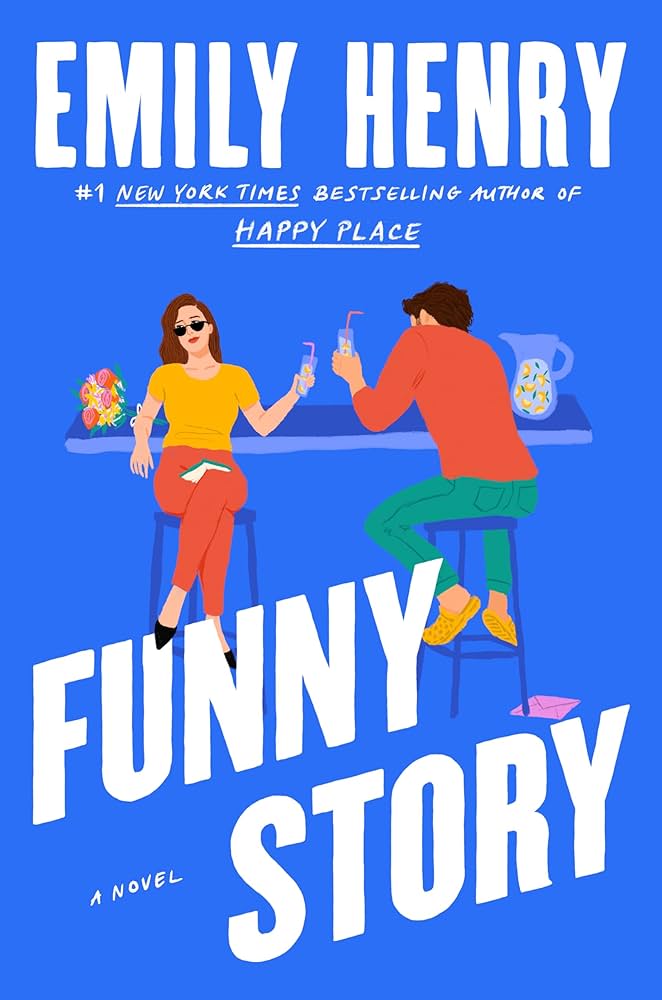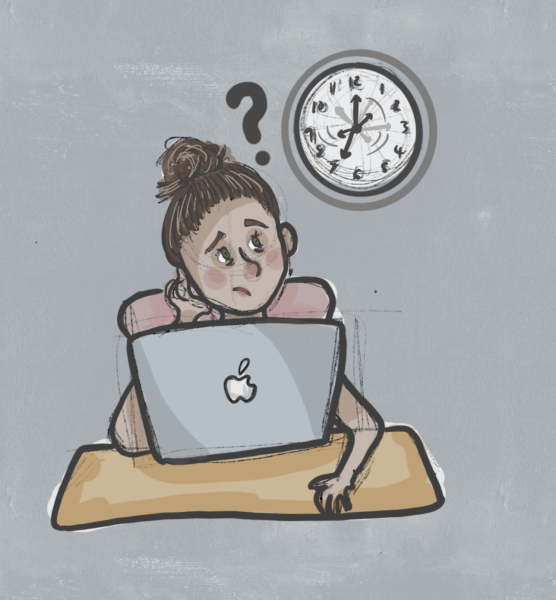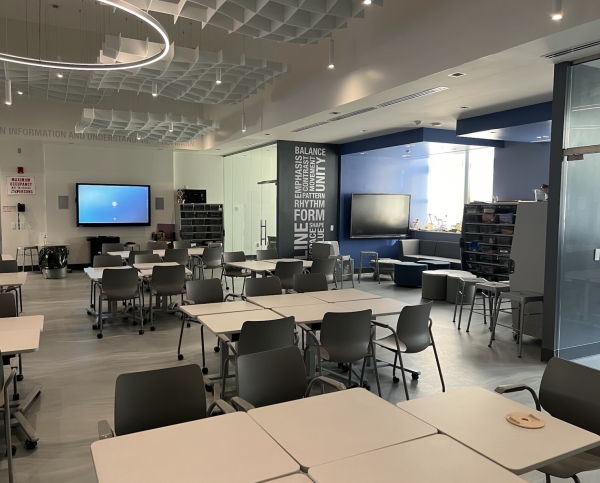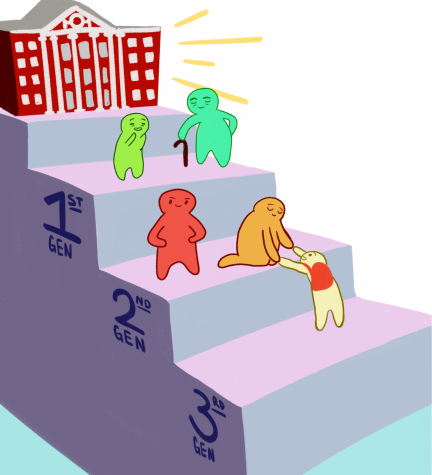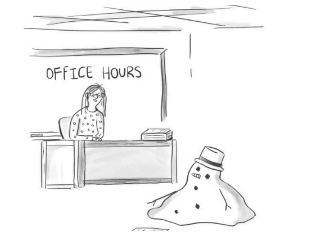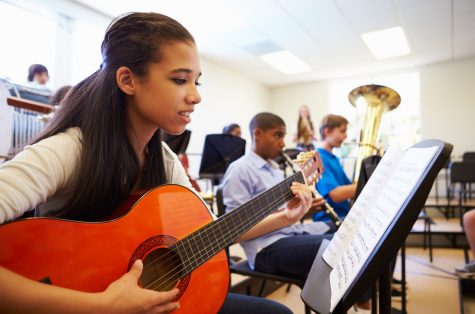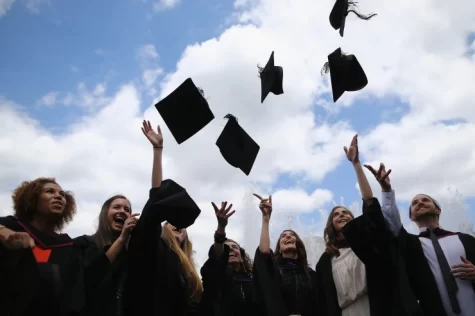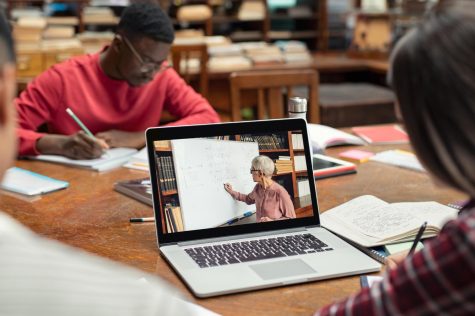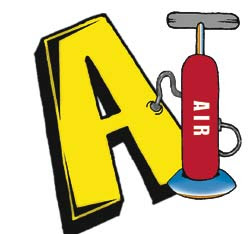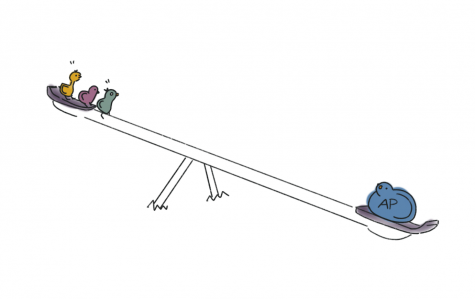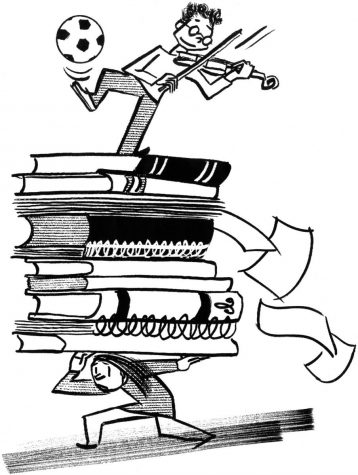Coronavirus Shakes Students’ Trust in Authority
Photo Courtesy of latenightparents.com
New York college students protest new COVID vaccine measures.
June 17, 2020
On the first day of February, 2020, the Washington Post published an article, written by Health and Medicine reporter, Lenny Bernstein. Entitled “Get a Grippe America,” the article made the case that “The flu is a much bigger threat than the Coronavirus, for now.” This article perfectly exemplifies how the mainstream media’s tenor has altered sharply in the past few months. A few days earlier, Health and Human Services Secretary Alex Azar said that the Coronavirus epidemic should “not impact the day to day lives of Americans.” Less than six weeks later, the United States entered the most severe lockdown and restriction of day to day life that it has ever seen. On February 17, Dr. Anthony Fauci, head of NIAD, said the risk of Coronavirus infection in the US was “minuscule,” and that wearing a mask was “not helpful.” Two months later, wearing a mask in public was stated as mandatory by threat of imprisonment in more than a dozen states. What is the importance of these anecdotes? They highlight one, extremely troublesome fact; not one single media, health, or governmental organization got it right. That’s not necessarily indicative of gross incompetence, rather it’s part and parcel of a novel virus outbreak. It cannot, and will not be predictable. The scary truth is that it is very difficult to be proactive in dealing with an unknown novel virus, especially such a devastating one like COVID -19.
This reality puts health and governmental officials in an uncomfortable situation. By speaking confidently, citizens are reassured that competent organizations are in control of the situation, and that the media and government have excellent foresight and perspective on the virus and its impacts. Unfortunately, every single contradiction, retraction, and modification of guidelines deeply damages the credibility of every institution that the American people are supposed to trust. Why did Dr. Fauci do a 180 on masks? How did Health and Human Services not foresee this problem? Why did Cuomo say New York needed 40,000 ventilators, when less than half of those were actually needed?
As the Globe staff pointed out, a time like this has no givens, and no guarantees. “The situation around the virus is always changing,” is clearly the prevailing sentiment amongst staff, and that should warrant some leeway in their eyes. “Though a response was late, media and health organizations are providing the right guidance.” The truth is, most people agree that the severe actions taken by most global health organizations were completely warranted.
Additionally, it is becoming decidedly harder to differentiate between genuine health interest, and political tactics, said the Globe Staff. “This is a public health issue, not politics.” The fact that different political orientations have come to different conclusions on scientific realities is a startling reality. If medical policy can’t be “non-political,” can anything be? With different medical communities advocating for different policies, it has become harder to sense the political interests and incentives behind certain policy decisions. That is ultimately very destructive.
Across the nation, from Huntington Beach, to Lansing, even to Long Island, thousands of protestors have been taking to the streets, urging an easing of lockdown restrictions. These individuals do not trust the judgement of state and federal health authorities. Why should they? Reopening strategies seem to be divided strictly upon party lines, and global medical authorities have significantly differing opinions on what policy is best. Trust in authority has been fundamentally undermined by a situation like this. This crisis has forced Americans to differentiate between “hysterical clickbait,” and “urgent news,” and between “practical measures,” and “draconian lockdowns.” The lines have been blurred, with every individual forming different opinions. Everyday we see new headlines. “Coronavirus lockdown will kill more than actual virus,” followed by “Coronavirus lockdown could last up to 2 years, expert says.” Numerous theories, like a definitively causal connection between strokes and the Coronavirus, and a possible connection between Kawasaki disease, a youthful rare inflammatory condition and the Coronavirus, have been suspected, but not yet medically confirmed. This hysterical conjecture is at best unhelpful, and at worst, extraordinarily dangerous. According to the Pew Research center, only 46 percent of Americans believe that the media is “helping the country” during this situation. This crisis has indisputably shaken the trust in mainstream media and government. This environment of mistrust, perhaps, could turn out to be just as dangerous as the virus.



